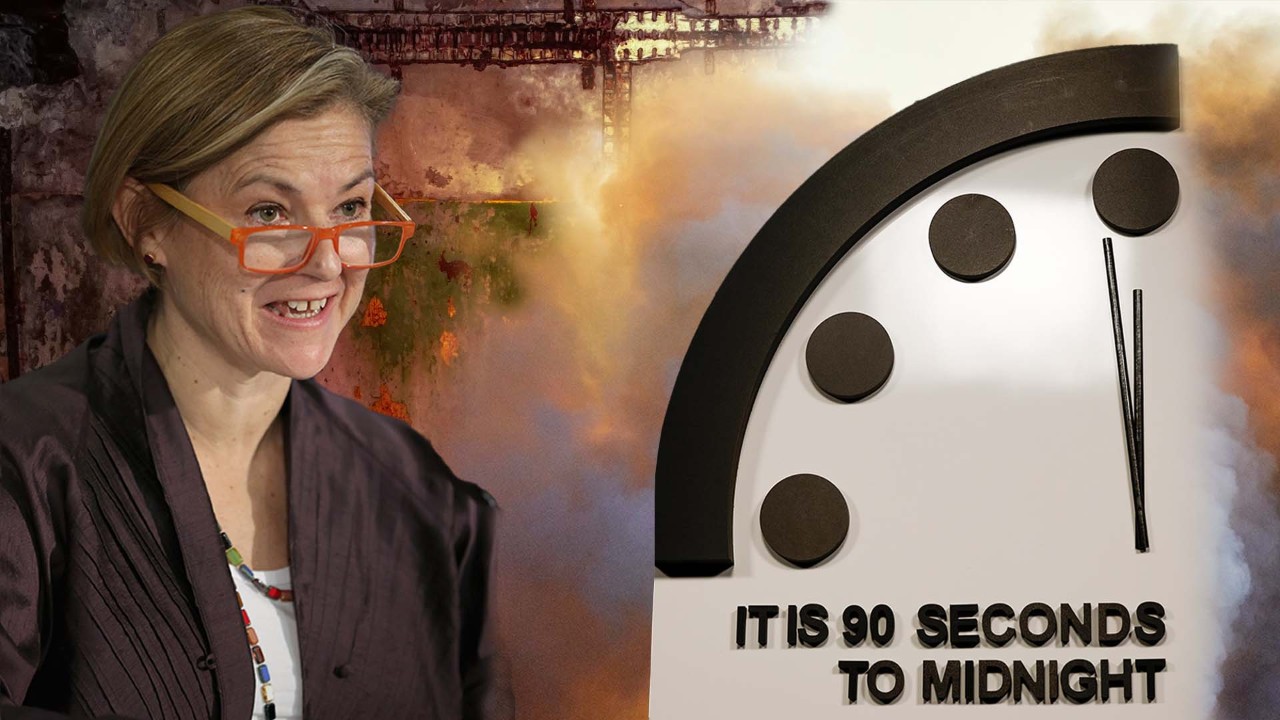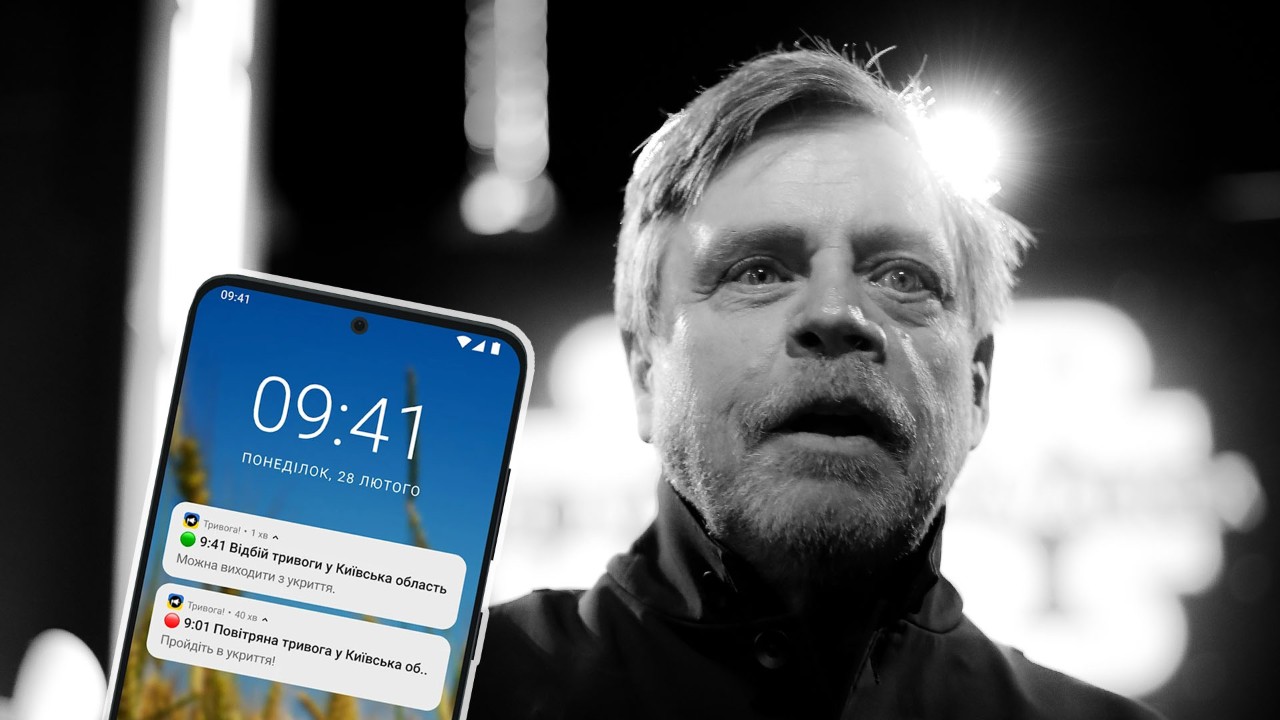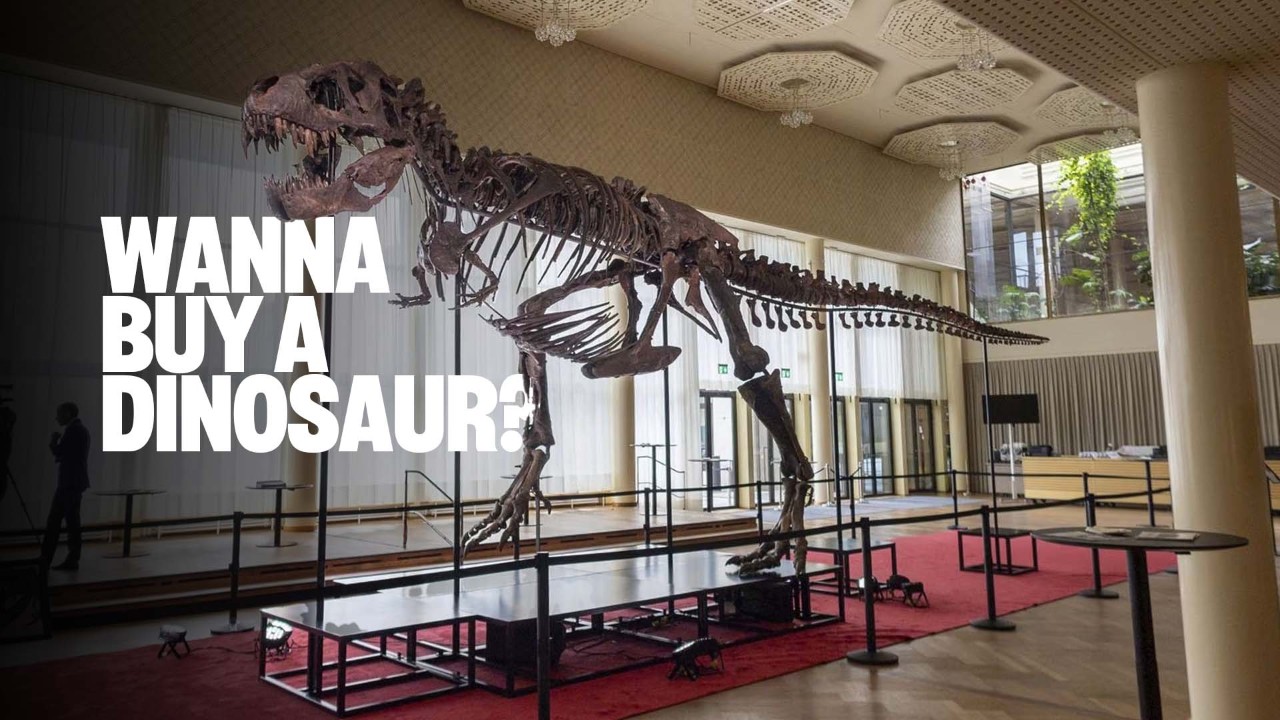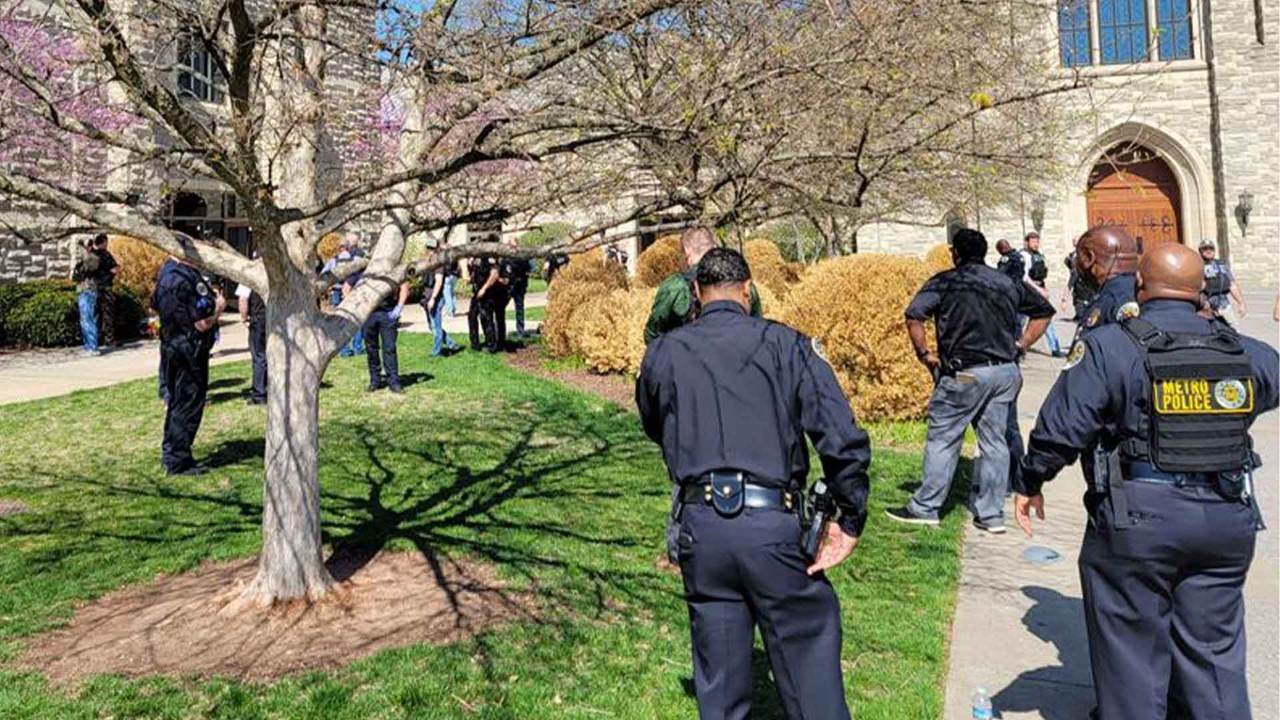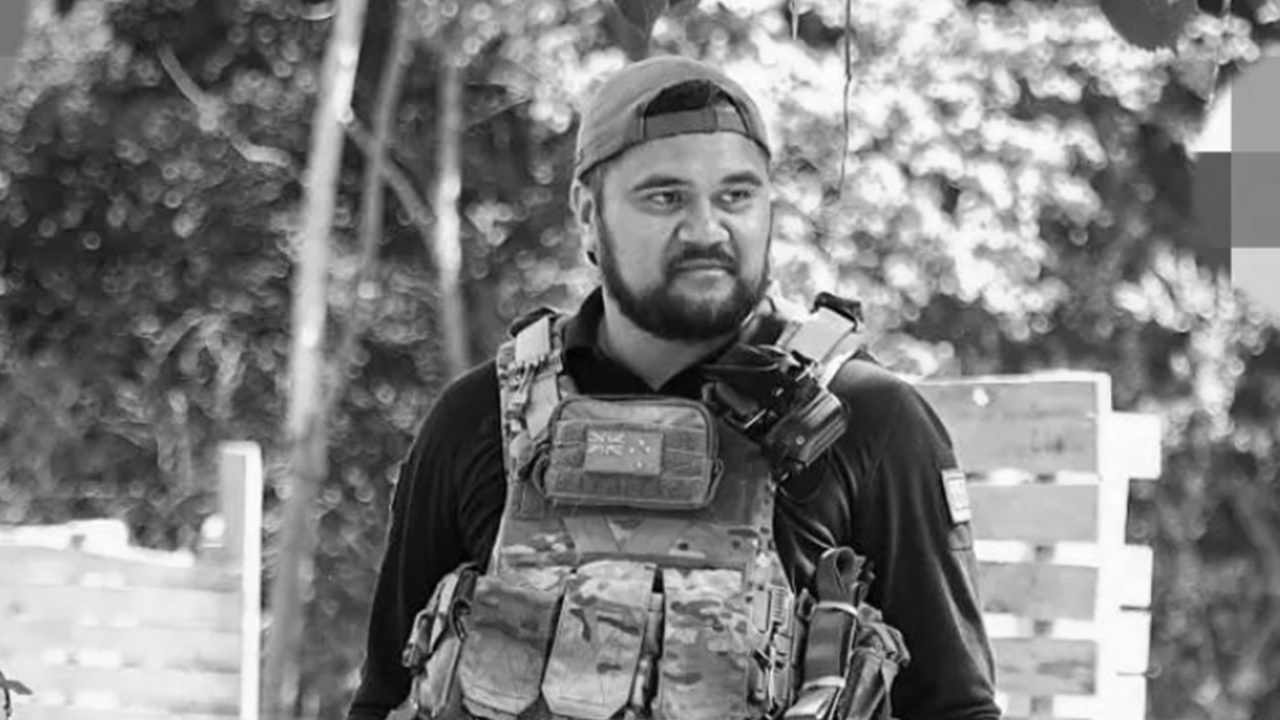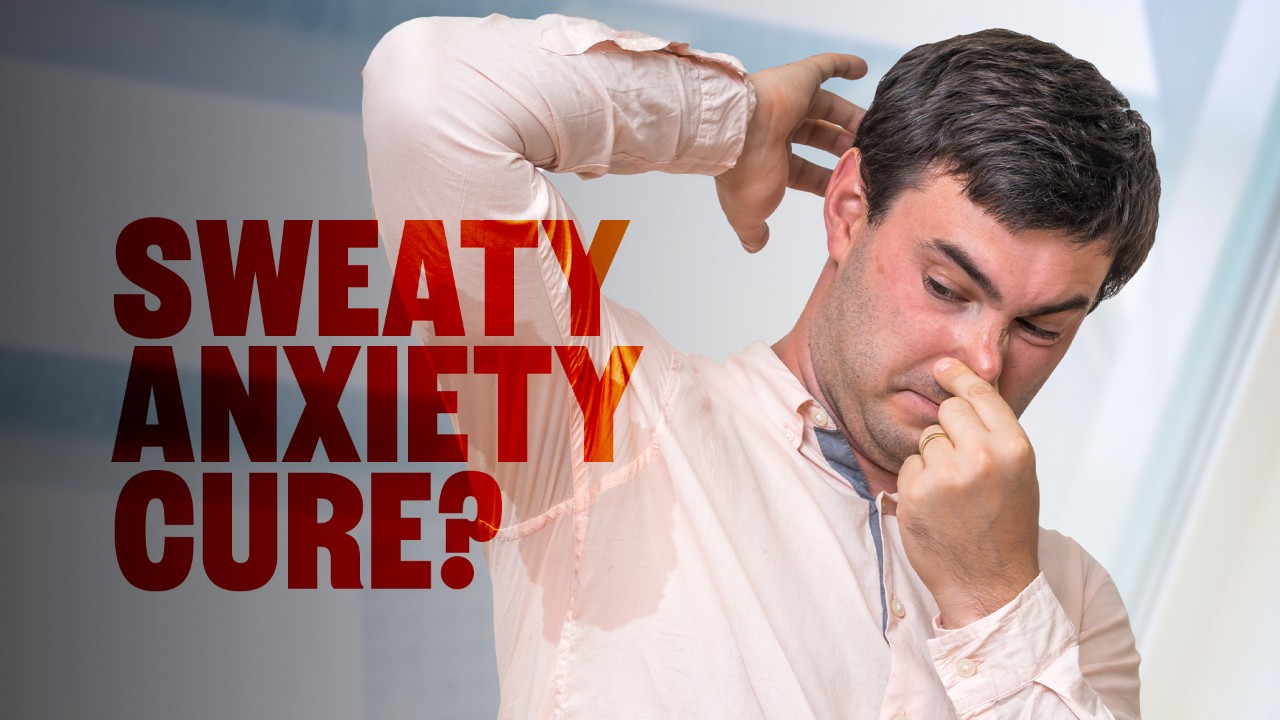Every year, a team of experts pulls together to determine how close our planet is to complete annihilation because of man-made actions.
It’s known as the Doomsday Clock, a symbolic concept which began following World War II to act as a warning to humanity.
And this year, it’s not looking good, with the world being just 90 seconds to midnight, the closest the hand has ever been.
The decision is made by the Bulletin of the Atomic Scientists and speaking with Tova O'Brien, board member Sharon Squassoni said the war in Ukraine had a "very big impact" on their deliberations this year.
"We are closer today to that metaphorical midnight because this war in Ukraine has a definite risk of escalation," Squassoni said.
"President Putin has actually issued nuclear threats designed to coerce the West into not aiding Ukraine, so we see that as a very dangerous development."
Squassoni said the purpose of the Doomsday Clock is meant to impart a "sense of urgency", with the threat of nuclear weapons barely being on people's minds on a day-to-day basis.
"For most people, even in the United States, where we have thousands of nuclear weapons, it's not in people's consciousness," she said.
"It's been so hard over the last 20 or 30 years to impart that sense of urgency, so the number one goal is give a sense of urgency, get leaders energised to do things.
"Certainly we're not trying to cast doom and gloom around the globe, despite the name, but we'd like people to understand that this is important enough.
"The threat from nuclear weapons could happen very quickly and very catastrophically."
However, Squassoni told O'Brien the Bulletin of the Atomic Scientists board believes there are solutions to eliminate these disruptive threats.
She is confident the world can use technology to its advantage.
"We invented this technology, we should be just as creative in coming up with solutions to reduce those risks," Squassoni said.
"If there's one message I would leave your listeners with, it is, despite our misgivings about potentially cooperating with certain countries and perhaps even dictators, it's absolutely necessary.
While at the inception of the Bulletin of Atomic Scientists people were mostly concerned about the threat of nuclear weapons because it was a new development at the time, the Doomsday Clock has grown to incorporate other risks, with climate change and biosecurity being among the other risks.
"We cannot solve climate change without broad based agreement to move forward."
Listen to the full interview between Sharon Squassoni and Tova above.
You can also download the full interview on the Tova podcast, and listen on the go.

